2012 Wall Street Reading List
A collection of the Wall Street Reading List's best business books published in 2012.
3,499 views
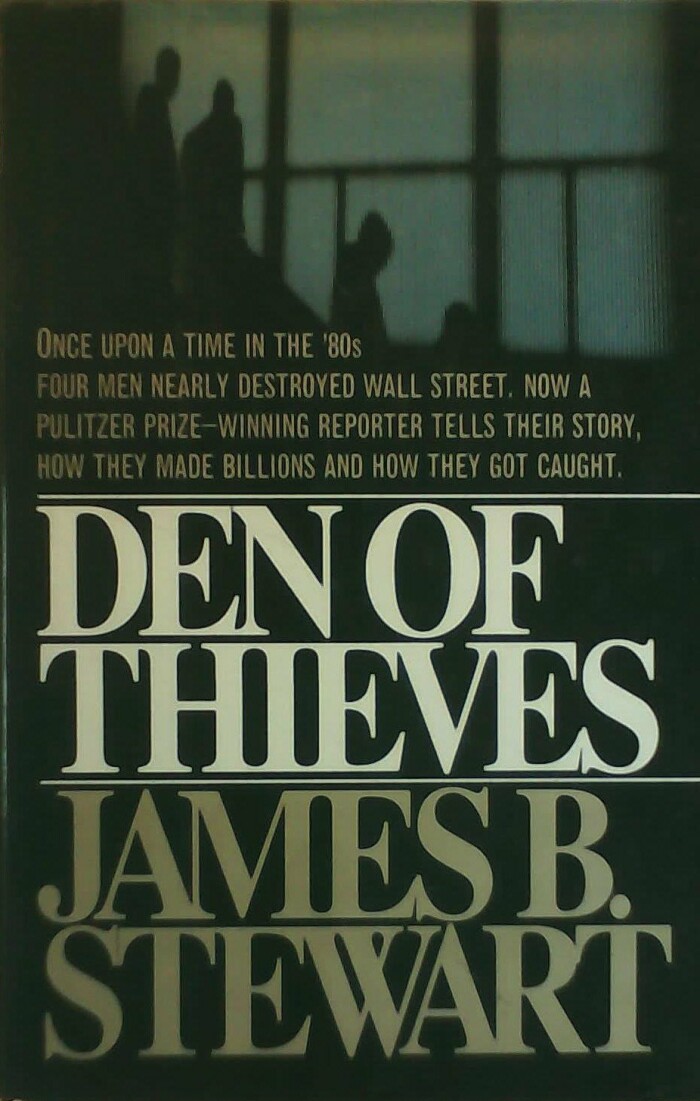
Den of Thieves
James B. Stewart
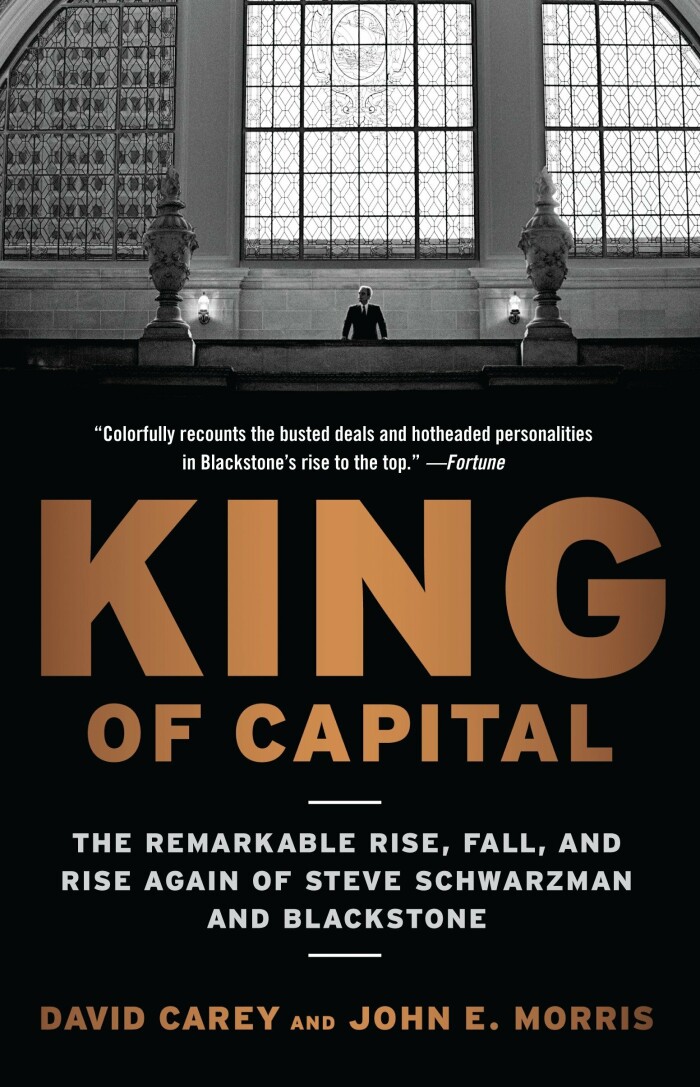
King of Capital
David Carey
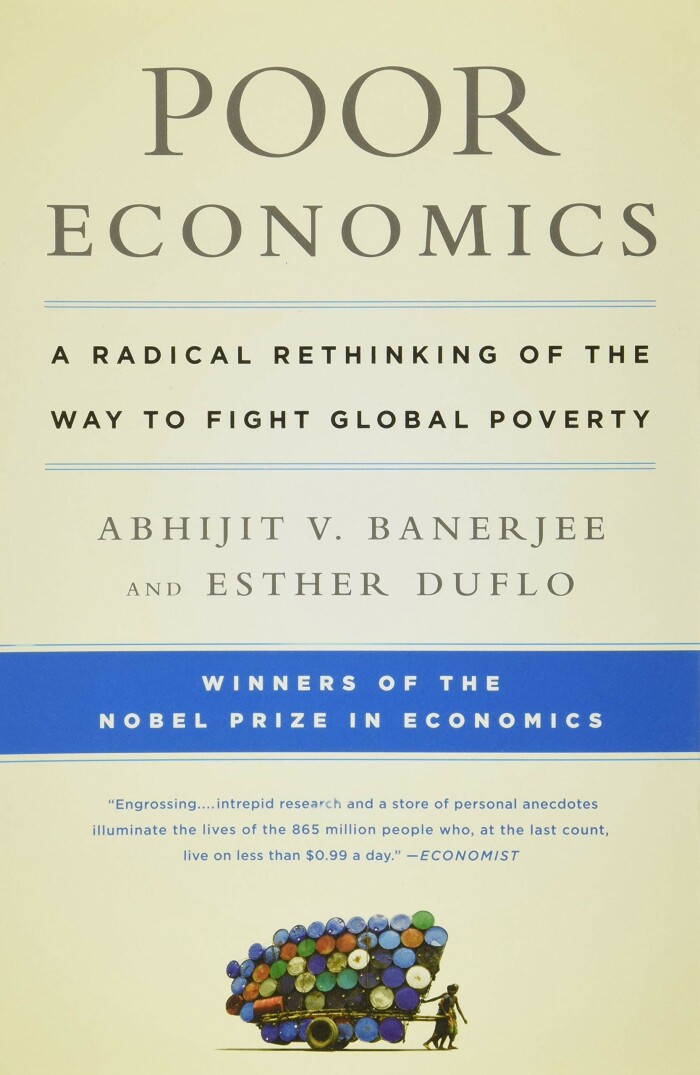
Poor Economics
Abhijit Banerjee
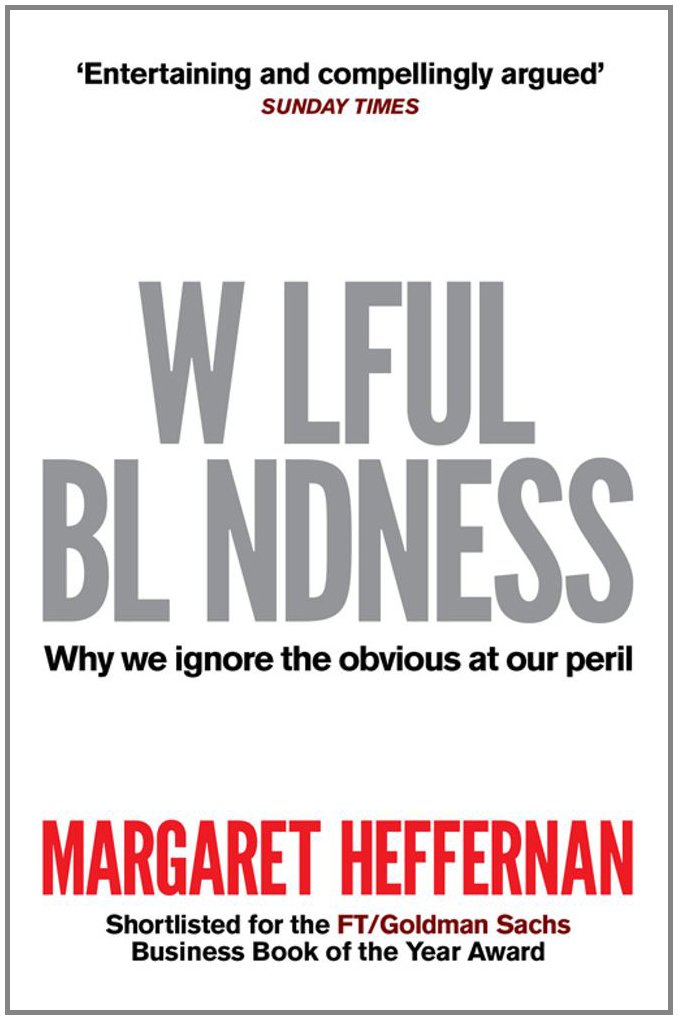
Willful Blindness
Margaret Heffernan
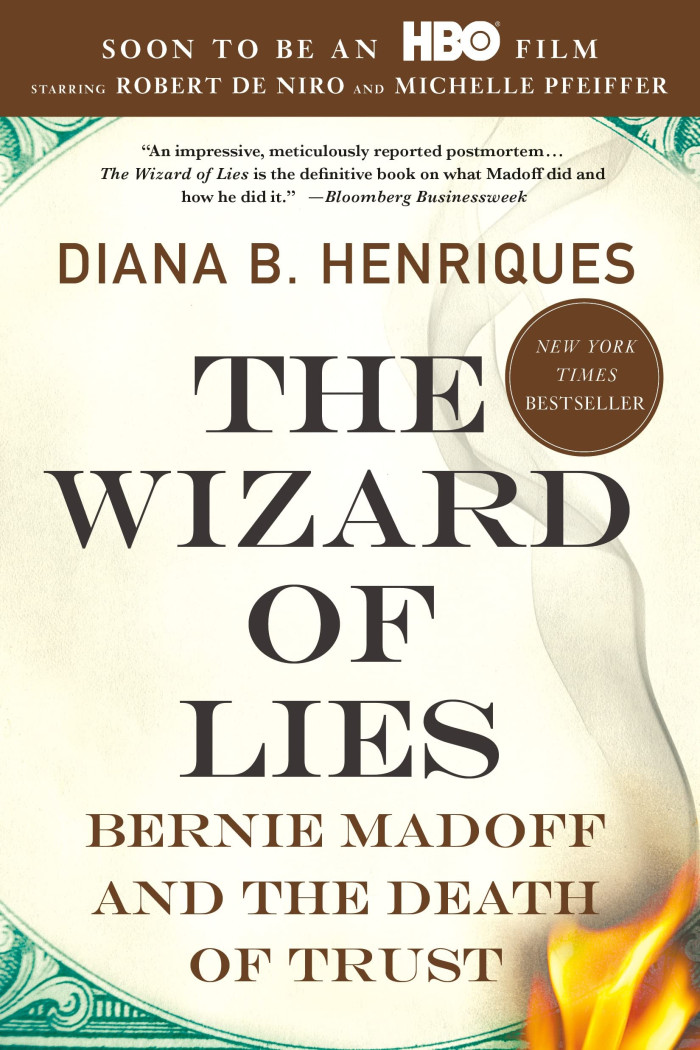
The Wizard of Lies
Diana B. Henriques
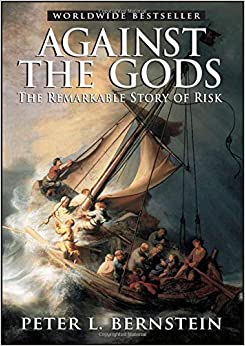
Against the Gods
Peter L. Bernstein
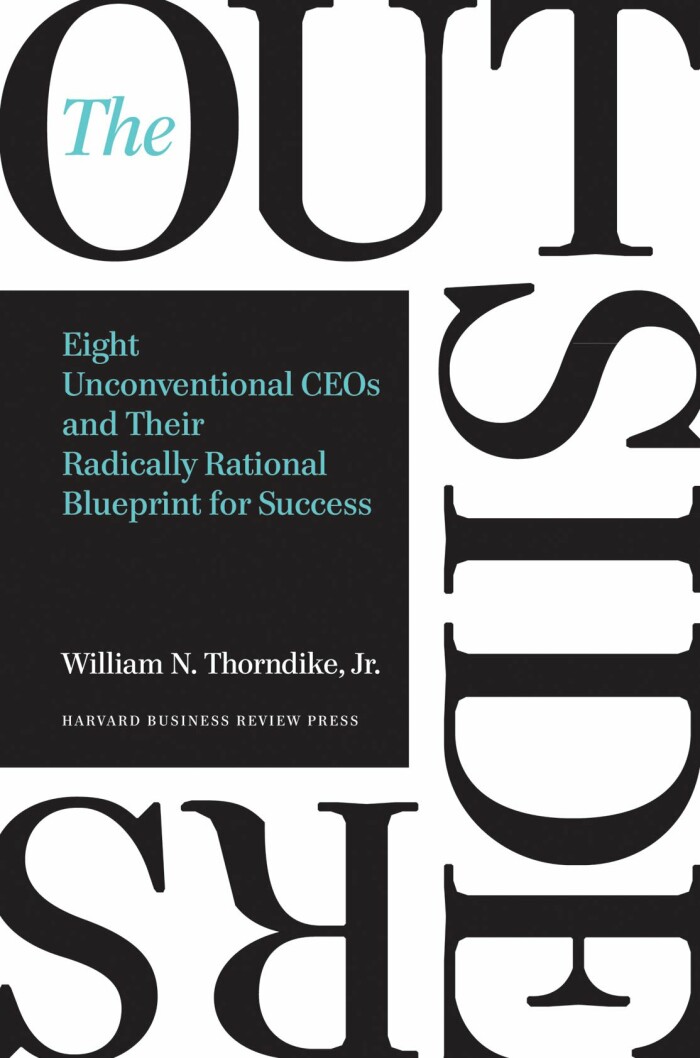
The Outsiders
William Thorndike
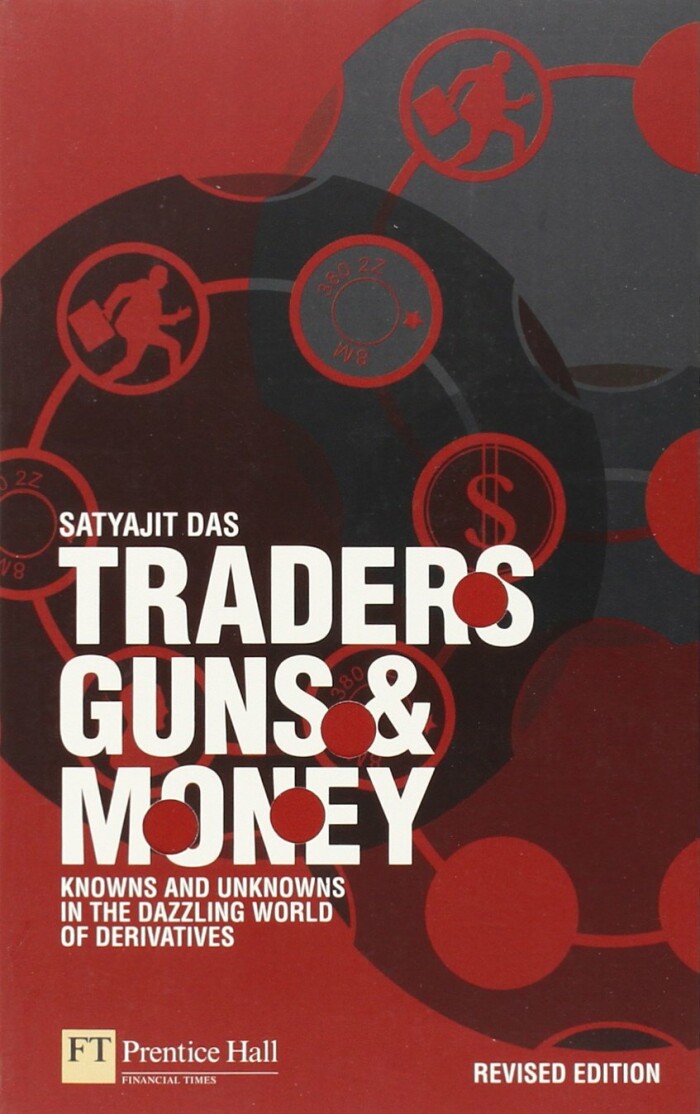
Traders, Guns and Money
Satyajit Das
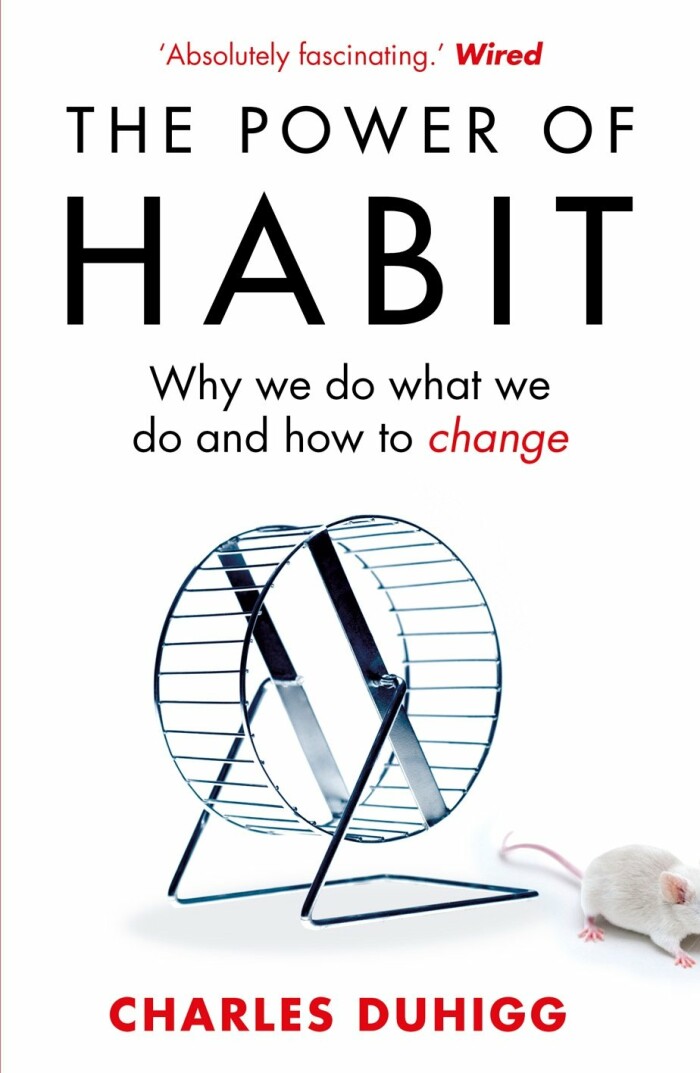
The Power of Habit
Charles Duhigg
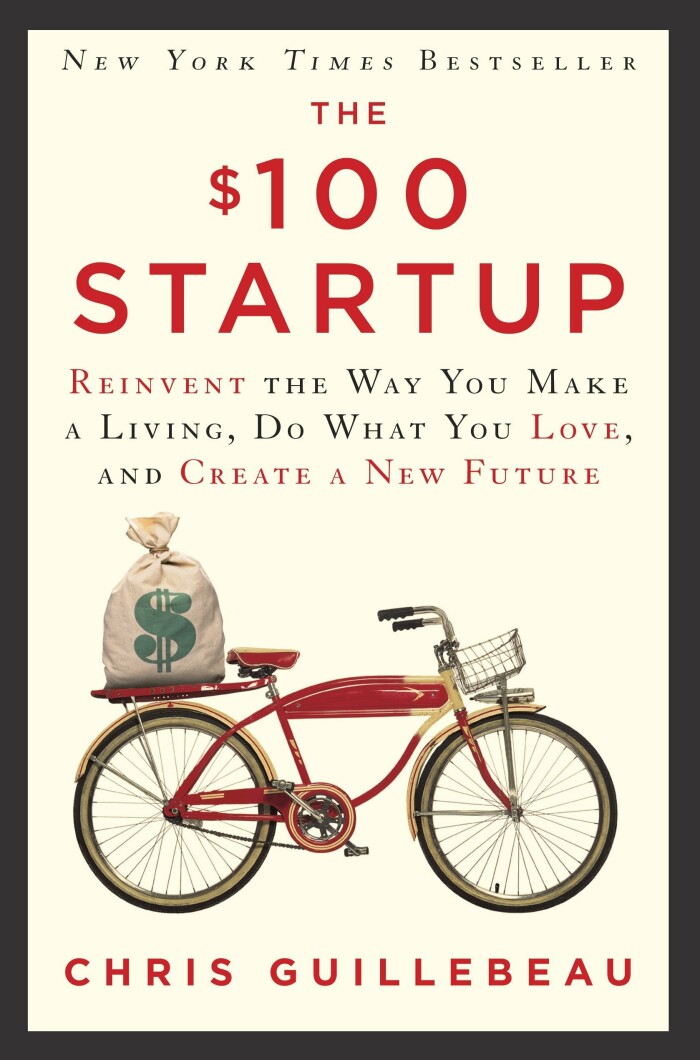
The $100 Startup
Chris Guillebeau
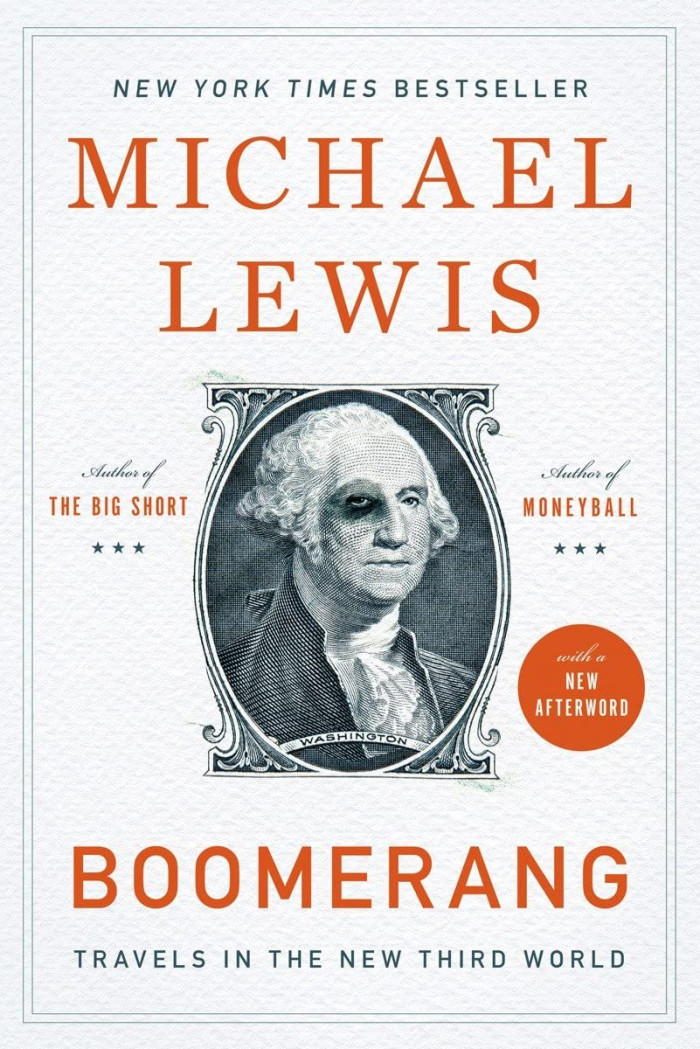
Boomerang
Michael Lewis
